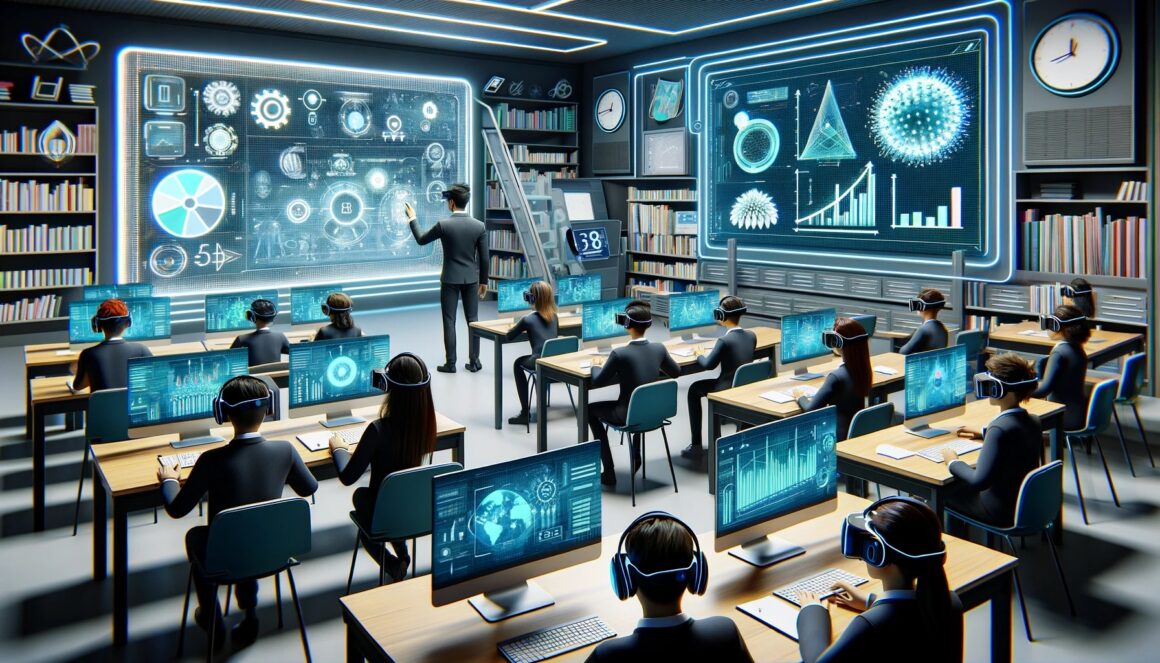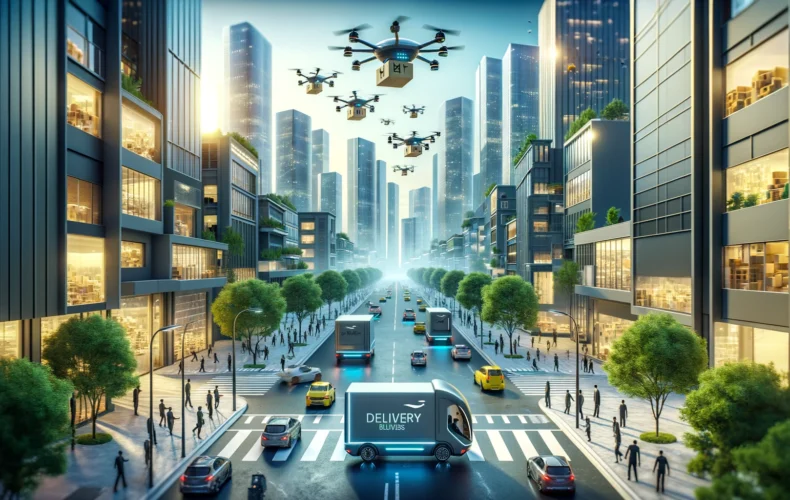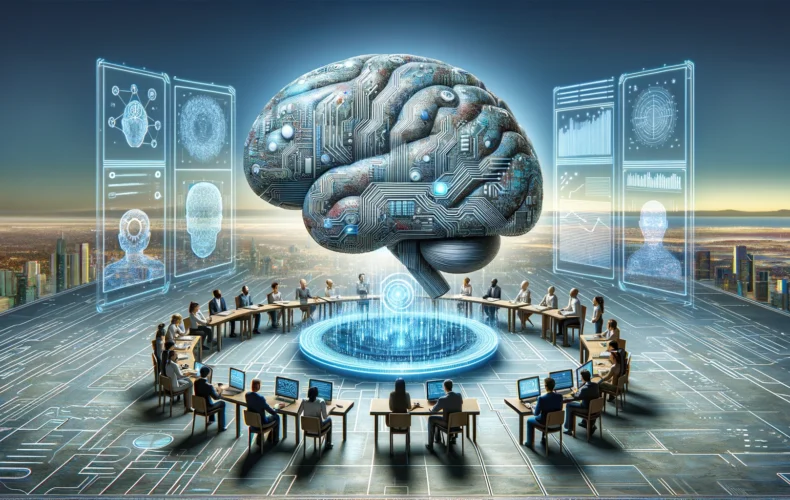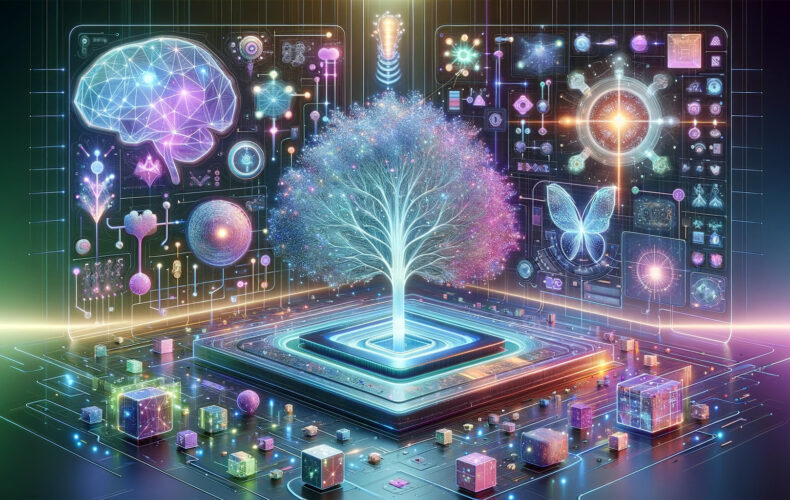The landscape of education is undergoing a revolutionary transformation, largely driven by the rapid advancements in technology. This change has been accelerated by global events such as the COVID-19 pandemic, which forced a rapid pivot to online learning and the adoption of new educational technologies. In this article, we delve into the current trends in educational technology, focusing on online learning platforms, virtual reality (VR), and Artificial Intelligence (AI)-assisted education, and project the future outlook of these technologies in shaping the educational experience.
Online Learning Platforms: Expanding Access and Flexibility
Online learning platforms have democratized education by making it more accessible and flexible. Platforms like Coursera, Udemy, and Khan Academy offer courses from basic programming to advanced degrees in various fields. The key benefits include:
- Accessibility: Students from any geographic location can access quality education.
- Flexibility: Learners can study at their own pace, accommodating different learning styles and schedules.
- Diverse Course Offerings: There is a vast array of subjects available, catering to a wide range of interests and career paths.
The Future of Online Learning
Looking ahead, online learning platforms are likely to become even more interactive and personalized. AI algorithms could tailor courses to individual learning styles and pace, while advanced data analytics might provide real-time feedback to learners and educators.
Virtual Reality: Creating Immersive Learning Experiences
Virtual Reality in education is not just a novelty; it’s an effective tool for creating immersive learning experiences. VR can transport students to different eras, environments, and even into the human body. This technology is particularly effective in:
- Enhanced Engagement: VR makes learning more engaging and enjoyable, which can lead to better retention of information.
- Safe Simulation: For training in fields like medicine or aviation, VR provides a risk-free environment to practice skills.
- Global Collaboration: VR classrooms can bring together students from across the world, fostering global collaboration and understanding.
The Future of VR in Education
Future developments in VR could lead to even more realistic simulations and widespread adoption in standard curricula. We might see lightweight, affordable VR headsets becoming common educational tools, much like laptops are today.
AI-Assisted Education: Personalization and Efficiency
AI is set to revolutionize the educational sector by offering highly personalized learning experiences and increasing operational efficiency. Current applications include:
- Personalized Learning Paths: AI can analyze a student’s performance and tailor the curriculum to their needs, helping them master topics at their own pace.
- Automated Administrative Tasks: AI can automate tasks like grading, thereby allowing educators more time to focus on teaching and student interaction.
- Adaptive Assessments: AI-driven assessments can adjust their difficulty based on the student’s proficiency, providing a more accurate measure of their understanding.
The Future of AI in Education
In the future, AI could become a virtual assistant to students, offering real-time help and feedback. We might also see more sophisticated AI tutors capable of providing personalized instruction to students, thereby complementing traditional teaching methods.
Challenges and Considerations
While these technologies offer exciting possibilities, they also come with challenges:
- Digital Divide: There’s a risk of widening the gap between those who have access to these technologies and those who do not.
- Privacy Concerns: The use of AI and data analytics in education raises concerns about data privacy and security.
- Quality Control: Ensuring the quality of online content and teaching is essential as online platforms proliferate.
Conclusion
Technology in education is rapidly evolving, offering unprecedented opportunities for enhanced learning experiences. The future will likely see a more blended approach to education, combining traditional teaching methods with advanced technologies like VR and AI. However, it’s crucial to address the challenges such as the digital divide and privacy concerns to ensure equitable and secure access to these educational advancements. As we embrace these technologies, the focus should always remain on enhancing the learning experience and outcomes for all students.



